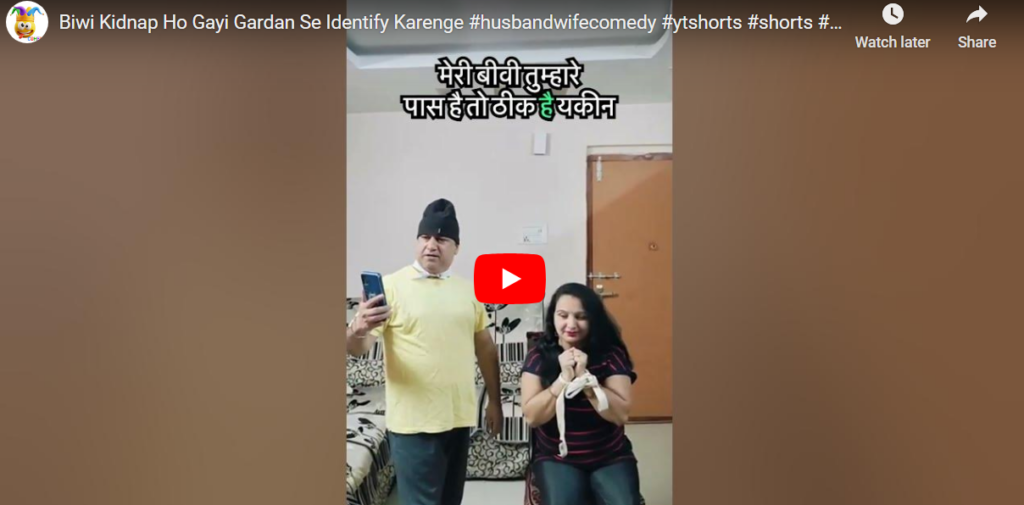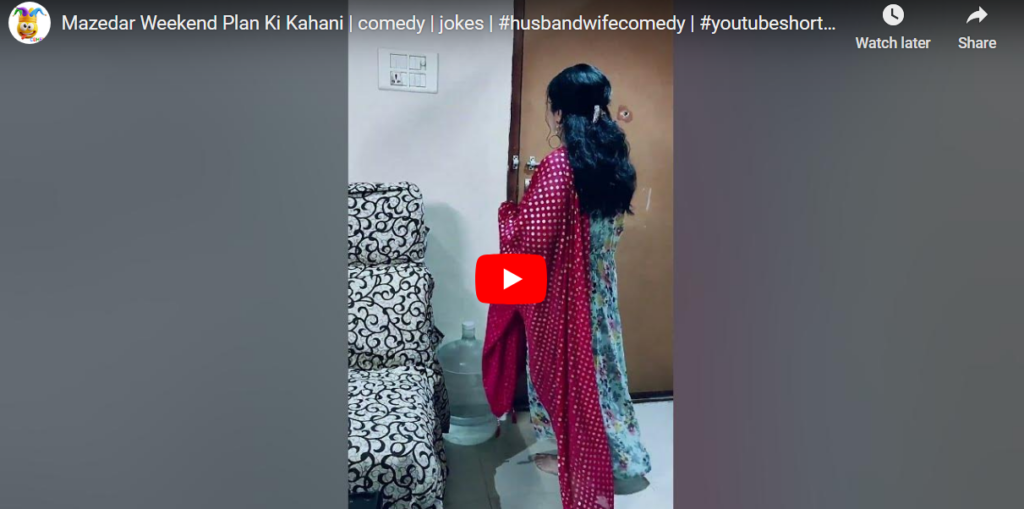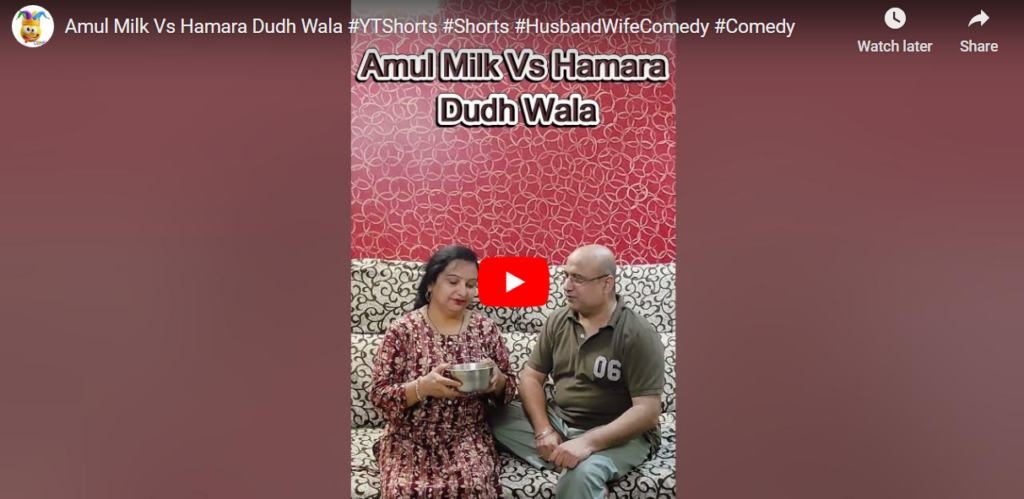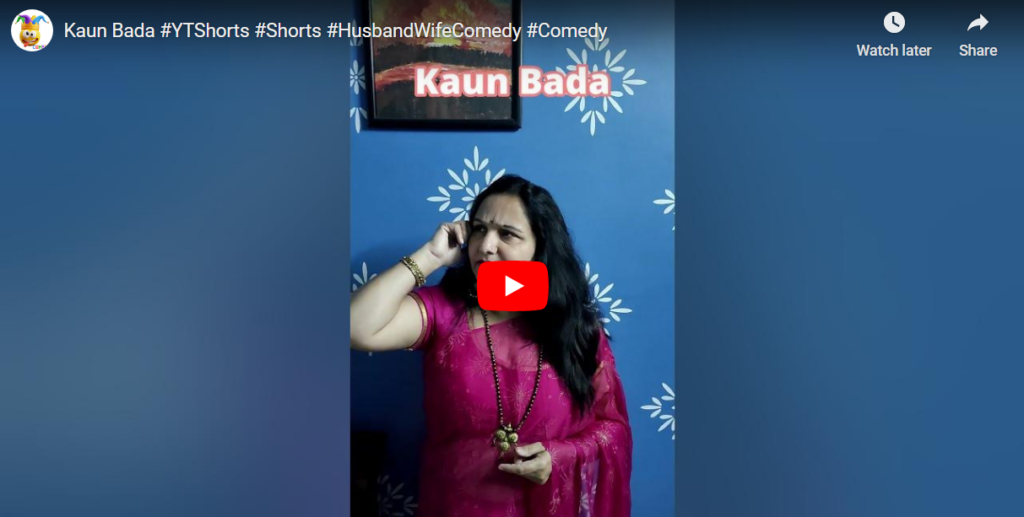Wife dieting joke : Burger cravings can often lead to unexpected moments of joy and indulgence. In this entertaining tale, he shares how he managed to coax his wife into breaking her strict diet with the promise of a delicious burger. With a simple, yet persuasive offer, he highlighted how a little cheat meal could spark happiness, leading her to embrace her cravings and enjoy a tasty treat. This story serves as a reminder that sometimes, a little humor and a tempting incentive can turn dieting into a more enjoyable experience.
Key Takeaways:
- Humor in Dieting: Sharing funny anecdotes about dieting can lighten the mood and make the experience more enjoyable.
- Incentives Work: Offering something enticing, like a burger, can easily sway one’s commitment to a diet.
- Relatability: Many people have similar struggles with dieting, making it easy to connect through shared experiences.

The Diet Dilemma
The Struggles of Dieting
Dieting can be a challenging journey for anyone trying to improve their health or lose weight. Individuals often face a myriad of obstacles that can derail their best intentions. For many, cravings for sugary snacks or high-calorie comfort foods can strike at any moment, making it difficult to resist indulging. In the case of one husband, his wife was diligently sticking to her diet until the allure of a burger came knocking. This experience is a relatable situation for those struggling with the balancing act of maintaining a healthy lifestyle while facing overwhelming temptations.
Another significant challenge while dieting is the social environment that often promotes unhealthy eating. Whether it’s a friend’s birthday party or merely an evening out, the presence of junk food can be hard to ignore. When the husband playfully suggested to his wife that she could enjoy a burger, it provided just the incentive she needed to abandon her diet momentarily. This scenario highlights how social interactions can lead to moments of dietary weakness, emphasizing that sticking to a plan requires not only willpower but also the ability to navigate these social landscapes.
The Temptation of Junk Food
Junk food has an undeniable allure that can complicate any dieting effort. Often, fast foods and sugary treats are not only convenient but also designed to be hyper-palatable, making them hard to resist. Individuals find themselves in situations where they are often surrounded by these tempting options, as experienced by the wife who, despite her dieting commitment, found it impossible to say no to burgers when they were offered in a fun, light-hearted context. The very nature of junk food—its taste, presentation, and immediate satisfaction—can easily sway someone from their dietary goals.
Indeed, the danger lies in the way that junk food is prevalent and often available at arm’s reach, making it an easy choice during moments of weakness. It’s common for individuals to feel that one treat won’t hurt, yet this can quickly spiral into a pattern of overindulgence. The positive side of such experiences, however, is the potential for laughter and shared moments, as was evident when the wife not only accepted the burger but also asked for two more to take home. Ultimately, while the temptation of junk food poses challenges, navigating these moments can foster bonds and memories that outlast dietary setbacks.
The Power of Persuasion
Now, it’s vital to recognize that successful persuasion often hinges on understanding one’s audience. In the case of his wife, he knew her preferences and dislikes intimately, which played a significant role in his approach to encouraging her to break her diet. When attempting to persuade someone, knowing what motivates them can make all the difference. Understanding her relationship with food, particularly her love for junk food, allowed him to connect with her on a level that felt personal and engaging. His playful banter was not just effective but also tailored to her tastes.
Knowing Your Audience
Above all, he realized that tailoring his approach required an insight into her mindset regarding food. If she had been averse to burgers or completely against indulging in junk food, his attempted persuasion might have fallen flat. However, by framing his suggestion around the idea of spending money on something she loved, he turned a simple moment into an appealing offer. This sentiment resonates with anyone looking to influence another’s choices, highlighting the importance of being attuned to their likes and preferences.
Creative Incentives
Below are creative incentives that can make indulging in a burger seem like a delightful opportunity rather than a dietary misstep. Utilizing humor can diffuse the guilt associated with breaking one’s diet. For instance, he playfully teased her about how dieting sometimes needs a ‘little’ exception, especially when the temptation is as delicious as a burger. Furthermore, including financial motivation, such as offering to pay for the meals, can serve as another compelling way to sway someone. (Creating an enjoyable environment is vital when presenting an alternative option.)
Hence, employing these creative incentives not only makes the decision to indulge seem lighter, but it also fosters a sense of fun in the process. He showed that even within a diet, there are room and reasons for joy. By turning an ordinary meal into a shared experience filled with laughter and love, they both enjoyed the moments leading to the indulgence without the heavy burden of guilt. (Pairing joy with incentive is vital for a balanced approach.)
The Burger Intervention
The Setup
Many individuals often find themselves in the midst of a dieting struggle, especially when their favorite fast foods linger temptingly nearby. In this light-hearted narrative, he observed his wife’s determined resolve to stick to her diet while discreetly eyeing the aforementioned burger he had in hand. Between the aroma of the freshly grilled patty and the tantalizing promise of a savory experience, he presented the enticing burger with an olive branch approach. He cleverly posited the offer: “Khalo yaar, paise main de raha hun,” allowing her to see the opportunity as a mere indulgence rather than a setback, thereby making the burger appear irresistible.
The Reaction
Between the moment she heard his proposition and the instant she took the burger from him, it was as if a switch had been flipped. Her face lit up, reflecting the sheer delight at the prospect of breaking her diet, even if just for a moment. As she swiftly gobbled up the burger and sipped on the Coke, she exclaimed, “Bhaiya, do aur burger pack karo ghar ke liye!” Her immediate enthusiasm and quick transformation from a strict dieter to a burger enthusiast provided an amusing insight into the power of temptation. (This clearly illustrates that incentives can sometimes work wonders in changing one’s mindset about dieting.)
At that moment, he shared in the laughter that erupted between them as the situation unfolded. It was a humorous spectacle, her quick acceptance of the offer and her insatiable appetite spoke volumes about the human condition and its love for comfort foods. Her playful demand for more burgers emphasized just how easy it can be to sway someone’s commitment to dieting with the right attraction in the form of an alluring meal. (Deciding to occasionally loosen the dietary reins could foster a healthier relationship with food overall.)
Also, the comedic elements of her reaction were twofold—the joy of indulging in junk food after a period of restraint and the realization that sometimes dietary restrictions can be humorously circumvented by simple persuasion. The situation shed light on the fact that while a diet is important, maintaining balance and allowing for enjoyment through little culinary pleasures can positively impact one’s overall mental well-being. In the end, it was just a burger, but it sparked laughter, love, and a reminder that food is not just about sustenance but also about creating joyful moments.
The Aftermath
Despite the post-burger guilt that loomed over them, laughter filled the air as they reminisced about the spontaneous moment of rebellion against the diet. She playfully tried to justify her actions while munching on the second burger, saying it was a special occasion. This moment not only provided them both with a hearty laugh but also reinforced the idea that humor can play a vital role in relationships. It’s crucial for them to keep a light-hearted perspective during times of dietary challenges (after all, life is too short not to share a burger dance together!).
Laughing it Off
Behind the scenes of their culinary escapades, laughter transformed an ordinary evening into a cherished memory. Humor acts as a buffer during moments of weakness, allowing couples to navigate the sometimes-serious waters of dieting with ease. When they laugh at their dietary lapses, they create a bonding experience that helps them reconnect and reinforce their love for one another. This playful exchange illustrates how well-placed humor can dissolve tension, making the tough road to wellness feel just a bit more enjoyable.
Reflections on Dieting
Before embracing a restrictive diet, it’s important for individuals to consider how occasional indulgences can fit into their overall wellness journey. Allowing oneself the freedom to enjoy a favorite food can alleviate feelings of deprivation and lead to healthier long-term habits. He often reminds her that striking a balance between enjoying life’s little pleasures and maintaining a healthy lifestyle is not just beneficial but also sustainable. Encouraging each other to celebrate small victories and indulge every now and then strengthens their resolve to lead healthier lives together.
Considering that the pursuit of a healthy lifestyle is often fraught with obstacles, allowing for occasional indulgence can be a game changer. They realized that being too rigid with their eating habits can lead to frustration and potential binge episodes. Moderate indulgence can foster a sense of normalcy and help build sustainable habits, ultimately contributing to a lasting relationship with food that prioritizes both wellness and joy. She learned that a burger here and there, especially when shared with a partner, can actually enhance their journey toward health without derailing their overall goals.
Final Words
From above, it is evident that the light-hearted approach to dieting can create memorable moments in relationships. He discovered that humor and a little playful persuasion could effectively sway her resolve. By simply offering to pay for her favorite burger, he transformed a serious dieting commitment into a moment of joy and indulgence. Such experiences serve as a reminder that sometimes, a fun perspective can make the challenges of maintaining a healthy lifestyle more enjoyable.
Additionally, this amusing interaction highlights the importance of support and understanding within a partnership. They both shared a laugh, showcasing the bond they had while navigating the ups and downs of dieting together. Her willingness to break her diet in exchange for a burger—with a playful response of wanting more—demonstrates how food can bring people together and create lasting memories, even in the midst of health goals. It encourages reflection on the value of balance and moderation, which can often be overlooked in the pursuit of strict diets.
ALSO WATCH : Husband Ne Poocha Sports Khelogi? Patni Ne Di Zabardast Reply
FAQ
Q: How can humor help in situations where dieting is strict?
A: Humor can lighten the mood and make dieting feel less burdensome. When you introduce a funny perspective, it can make temptations feel less like failures and more like enjoyable moments. In the joke, the husband’s playful encouragement turns the act of breaking a diet into a fun experience rather than a guilt-ridden one. This can help maintain a positive relationship with food and dieting.
Q: What are some creative ways to motivate someone to enjoy a treat while dieting?
A: Creative motivation can range from offering a treat as a reward for sticking to a healthy meal plan, to making shared moments of enjoyment like eating out together special. Using light-hearted conversation, like in the joke, can also help. For example, you could arrange themed dinner nights featuring healthier versions of junk food to allow for indulgence without straying too far from dietary goals.
Q: Is it okay to break a diet occasionally? How can it be managed?
A: Yes, breaking a diet occasionally can actually be beneficial. It can prevent feelings of deprivation and help maintain long-term adherence to healthier eating habits. The key is moderation. Enjoying a burger once in a while, like in the joke, should be balanced with nutritious meals and exercise. Planning ‘cheat meals’ can also help individuals feel less guilty about indulging every so often.
ALSO WATCH : Drunk Husband’s Hilarious Trick to Get His Wife to Make Omelette! 😂














